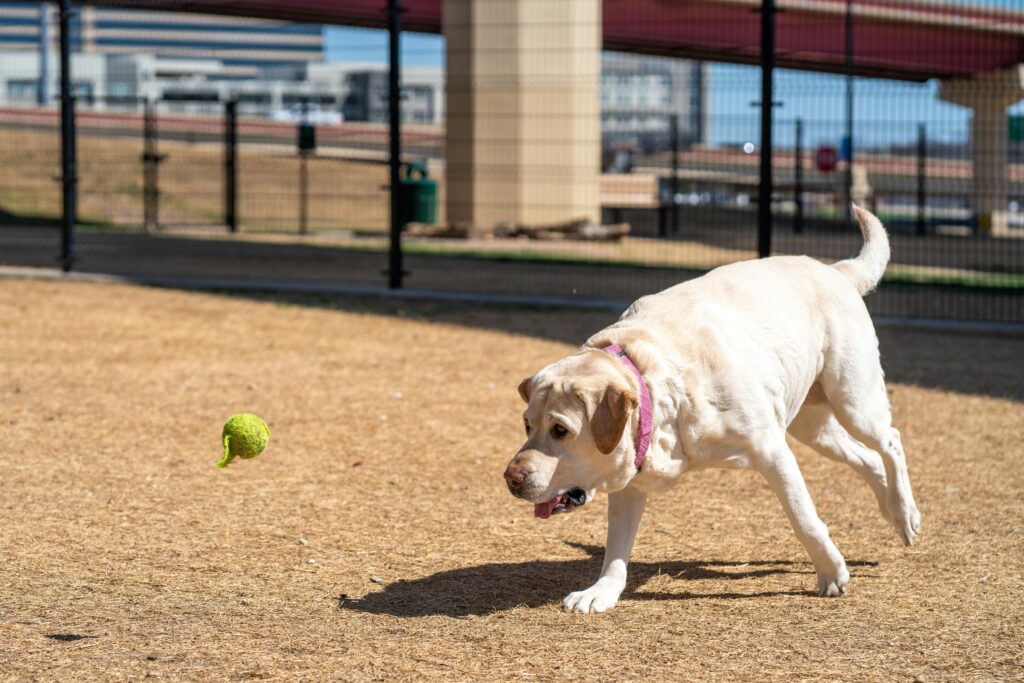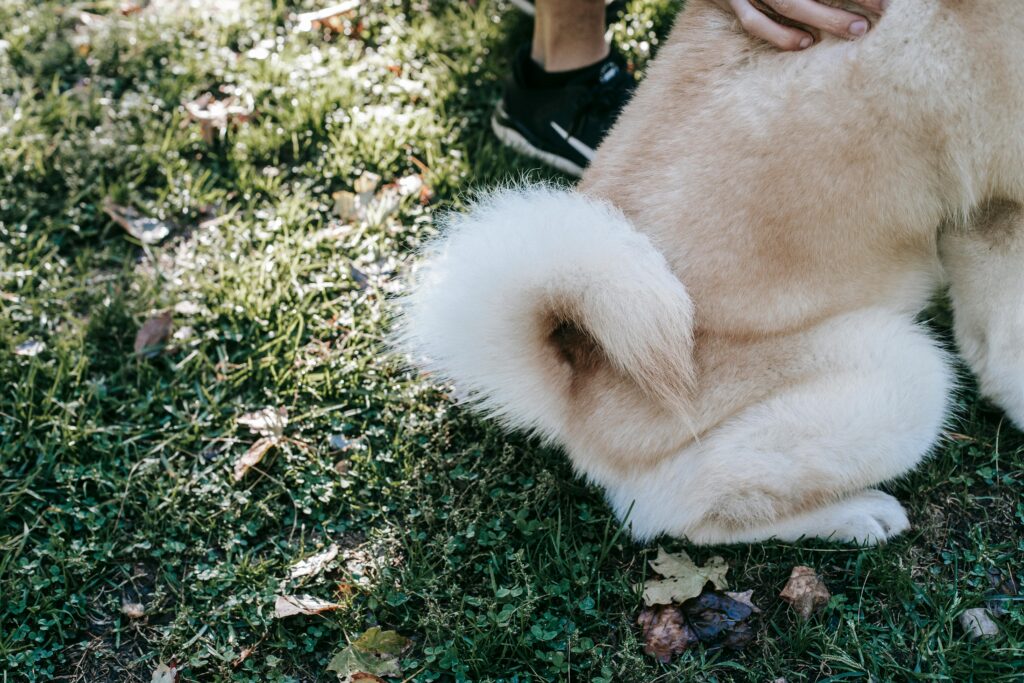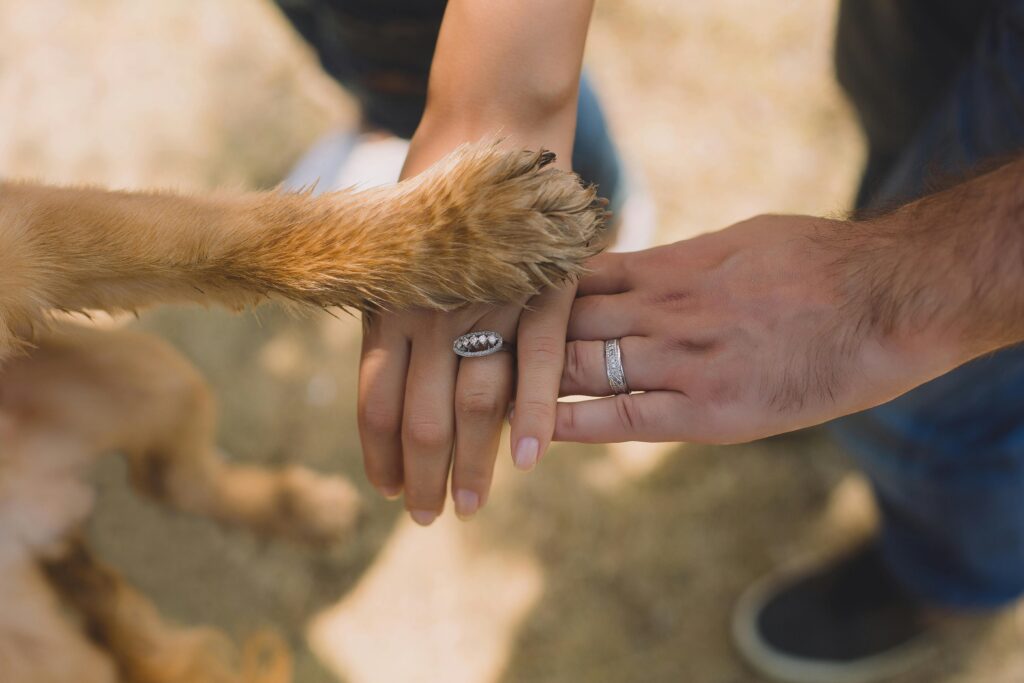
As dogs age, their bodies undergo many changes, some of which may indicate serious health issues. It’s essential to be vigilant and aware of the symptoms that could signal something more than just the natural aging process. In this blog, we’ll cover ten crucial symptoms in senior dogs that you should never ignore, helping you ensure your furry friend stays healthy and comfortable in their golden years.
1. Lethargy or Fatigue

What to Watch For:
- If your once-active dog is suddenly spending more time sleeping or seems uninterested in activities they used to enjoy, it could be a sign of underlying health problems such as anemia, hypothyroidism, or heart disease.
2. Difficulty Breathing

What to Watch For:
- Labored breathing, persistent coughing, or excessive panting could indicate respiratory issues, heart problems, or even lung disease. Any changes in your dog’s breathing patterns should be addressed by a vet immediately.
3. Sudden Weight Loss or Gain

What to Watch For:
- Unexplained weight loss might suggest issues like kidney disease, diabetes, or cancer, while rapid weight gain can be linked to heart disease, hypothyroidism, or fluid retention due to organ failure.
4. Changes in Appetite

What to Watch For:
- A decrease in appetite can be caused by dental problems, gastrointestinal issues, or serious conditions like liver or kidney disease. Conversely, a sudden increase in appetite might indicate conditions such as diabetes or Cushing’s disease.
5. Increased Thirst and Urination

What to Watch For:
- If your senior dog is drinking more water than usual and needs to urinate frequently, it could be a sign of diabetes, kidney disease, or other metabolic issues. This symptom warrants a prompt visit to the vet.
6. Mobility Issues

What to Watch For:
- Stiffness, limping, or reluctance to move can be signs of arthritis, hip dysplasia, or other orthopedic conditions. Early detection and treatment can significantly improve your dog’s quality of life.
7. Changes in Behavior or Mood

What to Watch For:
- If your dog becomes unusually aggressive, anxious, or withdrawn, it might be due to pain, cognitive dysfunction (similar to dementia in humans), or other neurological conditions. Behavioral changes should never be dismissed as just old age.
8. Gastrointestinal Issues

What to Watch For:
- Persistent vomiting, diarrhea, or constipation can indicate gastrointestinal disorders, infections, or even tumors. Chronic digestive issues can lead to dehydration and malnutrition, so they should be addressed promptly.
9. Skin and Coat Changes

What to Watch For:
- Watch for symptoms like excessive shedding, dry or flaky skin, bald patches, or unusual lumps and bumps. These can be signs of allergies, hormonal imbalances, or even skin cancer.
10. Vision and Hearing Loss

What to Watch For:
- Senior dogs are prone to developing cataracts, glaucoma, or other eye conditions that can impair their vision. Hearing loss is also common as dogs age. While some decline in these senses is normal, sudden or severe changes should be evaluated by a vet.
Conclusion: Stay Vigilant and Proactive
As your dog enters their senior years, regular vet check-ups become even more critical. Early detection of health issues can make a significant difference in treatment outcomes and your dog’s overall well-being. By staying vigilant and monitoring these ten symptoms, you can help ensure that your senior dog enjoys a healthy and comfortable life during their golden years.
